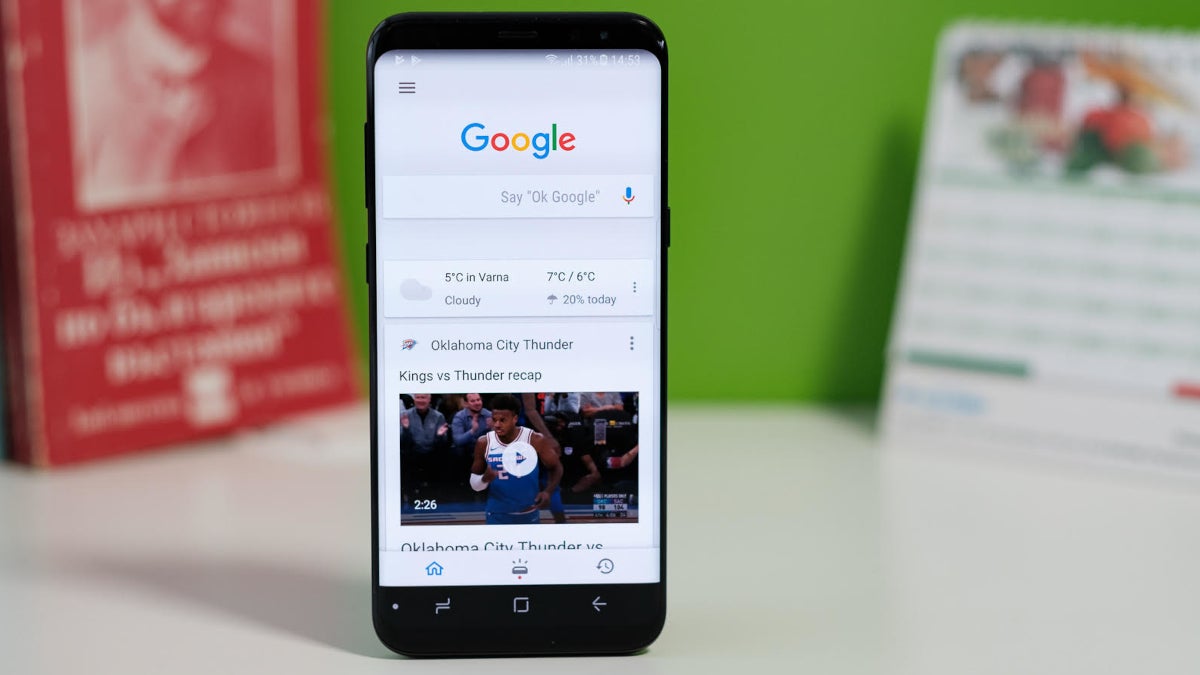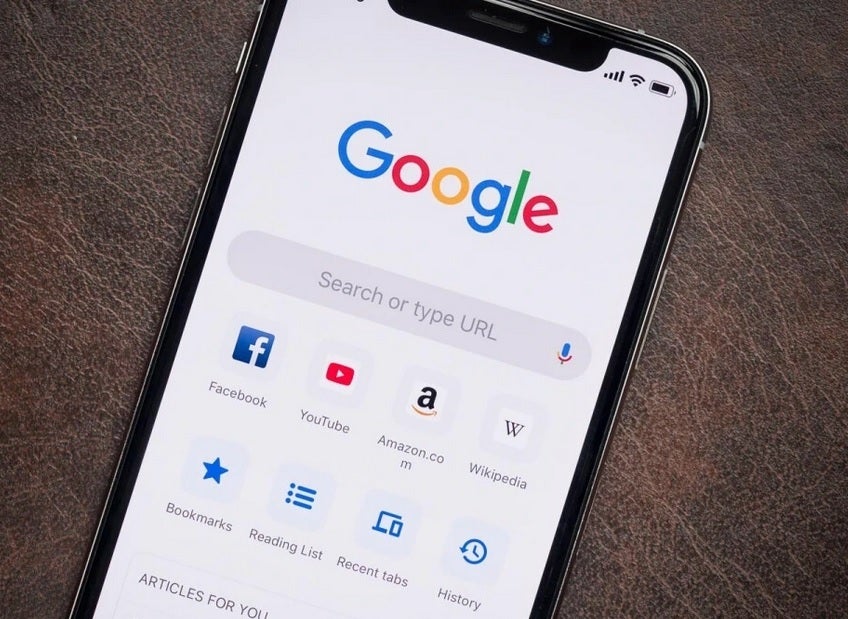Google fights back and will stop linking to Canadian news outlets

The passage of the Online News Act in Canada (Bill C-18) means that online platforms must pay Canadian news outlets whenever their content is being used. But instead of paying these content fees, at least two major tech giants have decided to stop showing links to Canadian news in its products. Kent Walker, the president of global affairs at Google and Alphabet, wrote a blog piece all about Bill C-18 (via NBC News).
Walker writes that Google has "now informed the Government that when the law takes effect, we unfortunately will have to remove links to Canadian news from our Search, News, and Discover products in Canada and that C-18 will also make it untenable for us to continue offering our Google News Showcase product in Canada." Google isn't the only tech firm to be critical of the Online News Act as Meta said last week that it would remove Canadian news from Instagram and Facebook.
Google claims that the links to local Canadian news organizations from its products were valued at $250 Canadian annually
Google called C-18 "the wrong approach to supporting journalism in Canada." Last year Google linked to Canadian news publications more than 3.6 billion times without any charge. As a result, these Canadian publications were able to generate more revenue from ads and new subscriptions. The referral traffic from these links alone was valued at $250 million CAD annually.

With the passage of C-18, Google Search will no longer link to Canadian news content in Canada
Walker wrote, "We have successfully collaborated with Governments and news publishers around the world on the shared goal of strengthening the news industry, and we currently have thousands of mutually beneficial agreements with news publications around the world. We tried to take this same approach with Bill C-18. We repeatedly offered constructive feedback and recommended solutions that would have made it more workable for both platforms and publishers, unlocking further financial support for Canadian journalism."
It doesn't appear that Google is going to be the one harmed by C-18 according to Walker. The executive says, "We plan to participate in the regulatory process and will continue to be transparent with Canadians and publishers as we move forward. We hope that the Government will be able to outline a viable path forward. Otherwise, we remain concerned that Bill C-18 will make it harder for Canadians to find news online, make it harder for journalists to reach their audiences, and reduce valuable free web traffic to Canadian publishers."
Canadian ad revenues have shifted away from local news providers to major platform firms say the government
C-18 was based on a law that was passed in Australia in 2021 that demanded Google and Meta pay content fees to Australian news organizations. Facebook originally removed links to local and international news in Australia although it did bring back access to the news after negotiating with the Australian government.
Canadian government figures show that since 2008, more than 450 news outlets in Canada have closed. Government backers of C-18 said back in April, "Digital platforms and social media are now the gateways where people find, read and share news. Because of this, advertising revenues have shifted away from local news and journalists to these gatekeepers, who profit from the sharing and distribution of Canadian news content."
So the Canadian government says that it is the platforms making money off of local journalists and news publications. The platforms say that it will be forced to stop linking to local news providers which surely will hurt their exposure. The answer is probably somewhere in the middle but it doesn't seem that either side is ready to make concessions in an attempt to salvage the situation.
The Canadian government believes that the act will bring $329 million into the coffers of Canadian news organizations and out of the pockets of Google and Meta (Facebook and Instagram). But whether this is more value than the free publicity that these news organizations get from links on Google and Meta's online properties is hard to say.
Follow us on Google News













Things that are NOT allowed:
To help keep our community safe and free from spam, we apply temporary limits to newly created accounts: